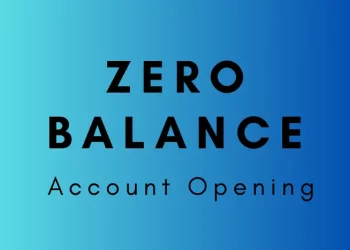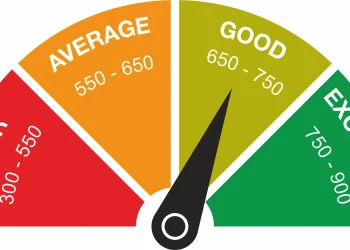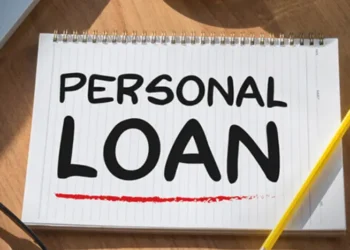Relying solely on your credit card may not be a feasible option, especially when covering high costs like renovations, marriage, or emergency medical expenses. Taking a loan to handle such situations can be a helpful way. People often go for unsecured Personal Loans which have comparatively higher interest rates. This is where your assets, such as property, can help you out. Going for a mortgage loan against your property is a secure way of getting the required funds.
A property mortgage loan is a secured loan that allows you to borrow money by pledging your property or asset as collateral. The lender continues your own home as safety until you pay off the loan in full. One of the blessings of this type of mortgage is the decreased interest fee provided compared to unsecured loans, as the lender faces decreased risk due to the presence of collateral.
Whether or not you’re a first-time borrower or an experienced one, this blog assists you to make knowledgeable choices approximately mortgage loans against assets.
Documents Required For Mortgage Loan In India
If you’re looking for the lowest home loan rates, a mortgage mortgage might be the high-quality choice, however, to use for one, there are positive files you’ll want to offer to the lender. Here is a rundown of the essential office work:
For Salaried Individuals:
- You will want to provide a replica of the completed mortgage application shape
- Proof of identity inside the form of a pan card, Aadhaar card, riding license, voter id, or passport
- You’ll also need to provide both residence and office address proof in the form of an Aadhaar Card, Voter ID, or a copy of any utility bill like an electricity bill
- You must provide salary slips for the most recent three months and a copy of your Form 16 for the last three years.
- Bank statements for the previous six months that show your salary and current repayments are also necessary.
- Other documents you’ll need to submit include proof of ownership of the property you’re using as collateral, such as the original property title deed, receipts showing payment of the latest maintenance, water tax, municipal tax, and other relevant taxes.
- If applicable, you’ll also need to provide a non-encumbrance letter from the Co-op Society, permission to create an equitable mortgage from the society or development authorities, and confirmation from the society that the bank’s lien on society records is noted.
Make sure to check with your lender to make sure you have all the necessary paperwork to ensure a smooth property mortgage loan application process.
For Self-employed Individuals:
- You’ll want to submit a duplicate of the finished mortgage utility form and proof of identity in the form of a pan card or Aadhaar card.
- You’ll want to offer to deal with evidence on your residence and office, such as an Aadhaar Card, Voter ID, Driving license, or a copy of any utility bill.
- You’ll also need to have income tax returns filed for the previous three years and an income certificate issued by a recognized authority like Tehsildar, BDO, or SDO.
- Bank account statements for the last six months are also necessary.
- Other required documents include proof of ownership of the property being used as collateral, such as the original property title deed and receipts showing payment of the latest water tax, municipal taxes, and other maintenance taxes.
- A non-encumbrance letter issued by your housing society and a no-objection letter from your housing society for the mortgage is also required.
Also Read: Best Affordable Places In India To Invest In Buying A Home
Be sure to test with your lender to verify if any additional files are required for mortgage approval. Offering all necessary files will assist streamline the loan software technique and boom your chances of having the bottom home mortgage rates.
Conclusion
Mortgage loans can provide a safe means for people to obtain capital when they’re in need, that too, at lower interest rates. Because of this, it can be an excellent option for those looking for larger loans with flexible payback terms.
Many personal expenses, such as home renovations, tuition for overseas education, unexpected medical needs, and even for a company venture, may be covered by a loan against property. With careful planning and sound financial management, you can use these loans to your advantage without putting undue pressure on your resources.








